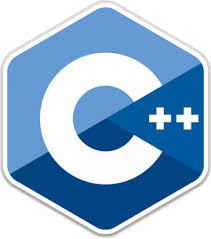Chaining Comparisons: Seeking Information from the Audience--Barry Revzin
A nice example of committee members reaching out to the community for data/input on proposed changes that could have a breaking impact.
Chaining Comparisons: Seeking Information from the Audience
by Barry Revzin
From the article:
At the last standards committee meeting in Albuquerque, the spaceship operator was adopted into the working draft for what will eventually be C++20. I’m already pretty excited about that. But one of the initial “optional” parts of Herb Sutter’s original spaceship proposal (which was dropped early) was to support chaining comparisons...

 Discover how C++ evolves:
Discover how C++ evolves: